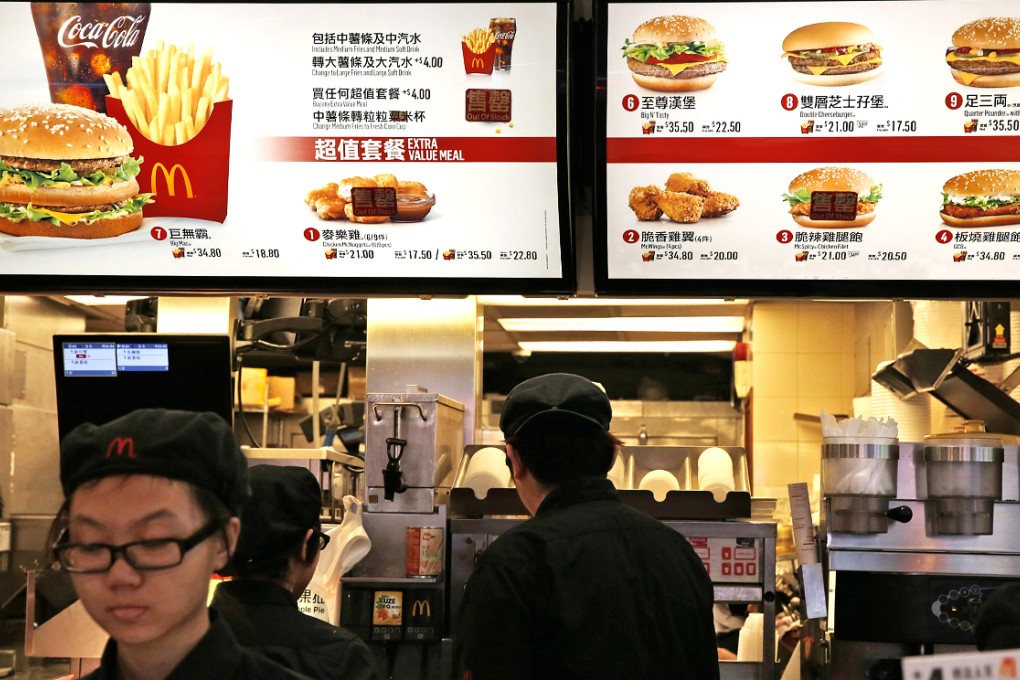Would you like a rise with that? How Hong Kong fares on the Big Mac Index
As a new minimum wage recommendation nears, an alternative Big Mac Index shows just how Hong Kong workers fare on the world stage

How many burgers can a minimum-wage earner afford?

As the city's Minimum Wage Commission prepares to recommend a new wage level to Chief Executive Leung Chun-ying before the end of October, the attempted to gauge how the current wage ranks in purchasing power compared with other nations. While it is almost impossible to make such a comparison because of a plethora of factors - food prices, rents, transportation - the borrowed from a well-known indicator, the Big Mac Index, to try to do so.
The index was invented by magazine in 1986 to make foreign exchange more digestible to readers by comparing the ability to buy an item sold nearly throughout the world, a popular McDonald's burger. With the price of a Big Mac at HK$18.8 in the city, a worker making the hourly minimum wage of HK$30 can afford 1.59 Big Macs after an hour on the job, or 1.54 Big Macs if the effects of inflation are deducted from the minimum wage.
Of the 22 countries that have statutory minimum wages - compiled by the Organisation for Economic Cooperation and Development, a Paris-based international forum - Hong Kong ranks 11th in terms of the number of Big Macs a worker can afford after an hour of work.
According to the OECD, the hourly minimum wage is highest in Australia at HK$117.80; followed by France at HK$96.10; Belgium at HK$90.70; and Ireland at HK$88.40.
